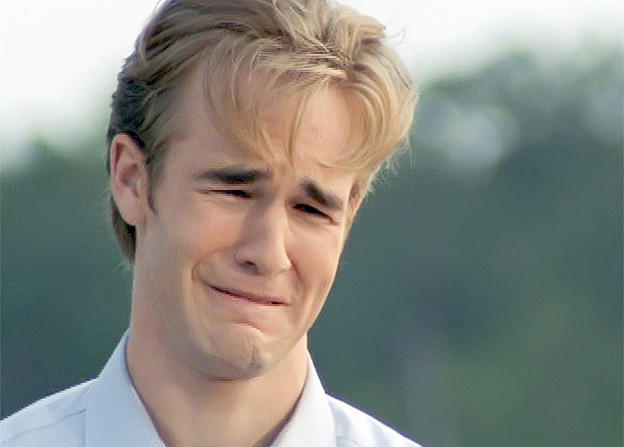 Financial investment losses are the markets’ way of telling you to make adjustments and to correct your present course of action. The parallels between how American investors deal with financial pain and how individuals deal with physical pain is illuminating.
Financial investment losses are the markets’ way of telling you to make adjustments and to correct your present course of action. The parallels between how American investors deal with financial pain and how individuals deal with physical pain is illuminating.
According to a recent article in Consumer Reports, 80% of Americans experience persistent pain of some type and spend over $300 Billion on treatments, drugs and care. All too often, their solution is to throw opiates, such as Percocet or Vicodin, at the problem. This mentality has obviously caused an explosive drug epidemic instead of a hoped-for cure.
Long-term pain is not eradicated by some pill dosage. Rather, it is alleviated by adjustments and corrections in one’s behavior. It is nuanced by an individual’s willingness to experiment and take efforts to identify those particular activities and conditions that are causing the pain.
Herein lies an interesting dichotomy from which we investors and pain-sufferers can both learn. Dealing with losses is emotionally and psychologically challenging. Being capable of accepting a series of unfortunate events and then being willing to revisit and analyze that unfortunate place with an objective and observational perspective requires a unique discipline that most investors either don’t have or are unwilling to attempt.
Consider this. Eastern medicine is focused on employing various hands-on techniques, such as acupuncture and massage, to prevent pain. Western medicine is more oriented towards muscle relaxants, injections, drugs and surgery to alleviate the pain after it has already arrived. It is therefore no wonder that I see so many American investors use the same Western approach in dealing with the inescapable financial losses we all invariably experience as investors.
People may not want to hear this, but loss is a fundamental part of life, sports and investing. How you accept and deal with the regularly occurring failure is what determines your long-term success and sanity. In baseball, even MVPs strike out, but they always learn something and get better for their next time at bat. In basketball, top scorers can miss half their shots but will practice diligently to improve their percentage of baskets over time.
Investing is precisely the same. Your failures should produce improvement and lead to more consistent long-term profitability if you force yourself to expect, accept, and learn from each and every loss. Here’s a cliche that’s spot on: “Sunshine is the best disinfectant”. So shine a light on your failures!
Far too often, I see investors turning to negative habits as coping mechanisms for handling bad trades. I submit to you that adopting a more ‘Eastern’ approach to your investing efforts will lead to both long-term relief and consistent profits. It is more rational and productive to patiently address the source of your financial pain head-on and thereby learn the nuanced reasons for your investment losses. Calm reflection and introspection with your trading journal is the skill that pulls the thread through the needle.
The “ahhhh” insights you seek which will lead to new more profitable behaviors are to be found in the clarity of brutal introspection, not masking investment mistakes with a feel-better buzz from drugs or alcohol. My suggestion, therefore, is to try drug-free techniques like physical therapy, mental exercise and biofeedback for both your back and your portfolio pain.
Trade well; trade with discipline!
- Gatis Roze, MBA, CMT
- Author, Tensile Trading: The 10 Essential Stages of Stock Market Mastery (Wiley, 2016)
- Presenter of the best-selling Tensile Trading DVD seminar
- Presenter of How to Master Your Asset Allocation Profile DVD seminar
- Developer of the StockCharts.com Tensile Trading ChartPack
